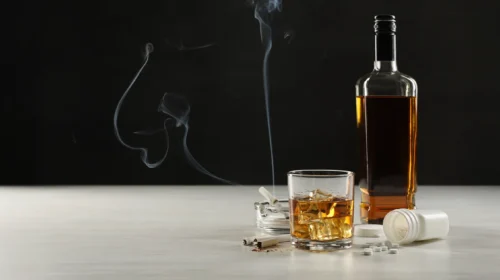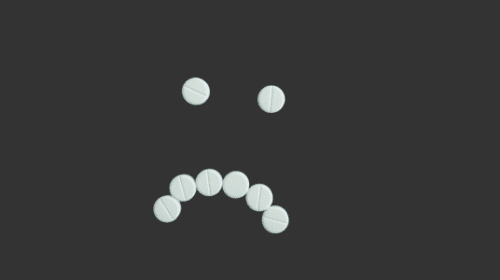One of the most common questions people ask when considering medication-assisted treatment (MAT) for opioid use disorder is: “Can Suboxone get you high?” While Suboxone is an effective resource for many battling opioid addiction, it has the potential for diversion abuse when misused or excess. Learn more about Suboxone, including its risks, benefits and possible side effects.
Suboxone® (buprenorphine and naloxone) is a controlled substance prescribed to treat people with substance use disorder (SUD), particularly those addicted to opioids, including heroin and prescription painkillers (hydrocodone, morphine, oxycodone, and fentanyl). It is one of several intended to be part of a treatment program that includes behavioral therapy and counseling. Suboxone is a combination of two medications – naloxone and buprenorphine. Naloxone reverses opioid overdose and blocks the euphoric effects of other opioids. Buprenorphine helps reduce the effects of dependency but carries dangerous side effects, including dependence, withdrawal, and respiratory issues.
Medicinal Use of Suboxone
Suboxone is used in Medication-assisted treatment (MAT), is approved by the Food and Drug Administration (FDA) for those who qualify, and is administered in controlled doses. Suboxone works by normalizing brain chemistry and blocking the euphoric effects of opioids, but it does not directly affect alcohol’s impact on the brain. MAT has been proven to be effective and significantly decrease the necessity for inpatient detox. Treatment plans, including MAT, are individually tailored to meet the needs of patients, with the goal being complete abstinence from opioids and alcohol.
Complications and Potential for Addiction
Overdosing on Suboxone to get high is dangerous and can cause breathing issues and death. Taking this medication with benzos, alcohol, antidepressants or tranquilizers can also be fatal. The sublingual film version of Suboxone contains buprenorphine, an opioid partial agonist, which has a lower risk of addiction compared to full opioid agonists but still carries a risk of dependence. Injecting Suboxone may also cause serious symptoms of withdrawal. When taken in doses and/or frequencies larger or more often than prescribed in order to get high, one can often develop opioid use disorder.
Symptoms that one may have opioid use disorder include but are not limited to:
- Requiring a higher dose to achieve the same results
- Withdrawal symptoms, including:
- Anxiety
- Irritability
- Body aches
- Shaking
- Sweating
- Nausea
- Vomiting
- No longer enjoying once pleasurable activities
- Inability to quit despite failure to function in daily living
Consuming Suboxone in ways other than intended, such as crushing and grinding, can make the drug less effective. Additionally, stopping suddenly, injecting, or snorting this drug may lead to getting high, followed by withdrawal symptoms. It is important to use Suboxone as it is intended and prescribed by a medical professional. One should never take this drug without a prescription.
Obtaining Suboxone illegally as a street drug can cause complications, as one has no way of knowing where it came from, what drug it actually may be, or how it was made. Suboxone film can be misused in ways similar to other legal and illicit opioids, leading to abuse or dependency. It is made with buprenorphine, a drug used by people who abuse street drugs or prescription medications. Giving this medicine to someone without a prescription can cause serious harm or death to the individual and it is illegal to do so.
Using Suboxone without a prescription or in ways other than intended can lead to getting high and developing opioid use disorder. When administered in a medical setting, chances of abusing this drug are lower than if one were to attempt to use it at home. Taking this medication not as advised and without proper medical supervision can be life-threatening and cause legal issues if possessed or distributed improperly. Due to the potential for abuse, it is advised that this drug be kept in a safe place away from anyone who may use it other than oneself.

























